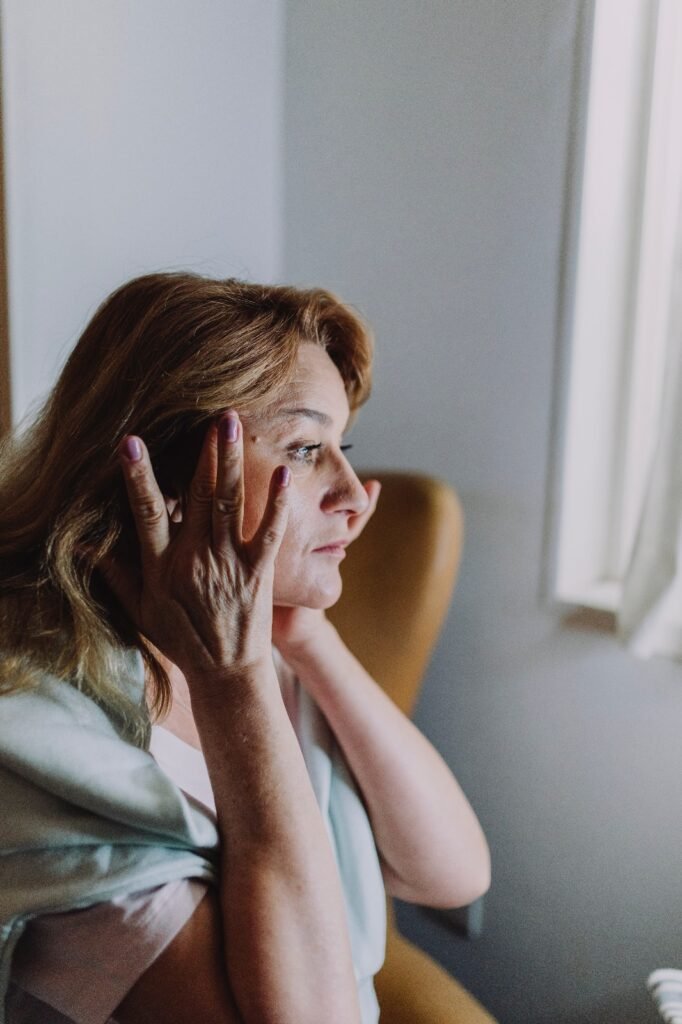Supporting Survivors: How Supported Accommodation Assists Domestic Violence Victims
In the bustling metropolis of Birmingham, a sanctuary stands out, dedicated to those escaping the shadows of domestic violence. For many survivors, supported accommodation in Birmingham represents not just shelter but a beacon of hope and recovery.
Finding Safety with Supported Accommodation Birmingham
Imagine fleeing a situation of relentless torment and fear, only to find oneself trapped in the throes of homelessness. It’s an unfortunate reality many survivors face, making their healing journey even more complex. But Birmingham’s supported accommodations are stepping in to bridge this gap.
Jane, a survivor, recounts her experience, “After the hardest decision of my life to leave, I felt lost. But when I discovered the supported accommodation, I was embraced with open arms. They provided more than just shelter; they gave me a fresh start.”
Healing the Mind: Mental Health and Recovery
Escape from domestic violence is just the beginning. Survivors often grapple with trauma and mental health challenges, from anxiety and depression to PTSD. The integrated approach of supported housing in Birmingham ensures survivors aren’t left to navigate these rough waters alone.
Dr. Louise Thompson, a mental health expert, states, “A holistic healing approach is crucial for survivors. In supported accommodations, therapeutic interventions combined with a stable environment can expedite recovery.”
Empowerment through Resources
Beyond shelter and mental health support, these facilities offer essential resources like legal advice, financial counseling, and vocational training. By equipping survivors with tools and knowledge, they’re better positioned to reclaim their independence.
Sarah, a counselor at a local facility, observes, “Our goal isn’t just to provide a temporary reprieve but to empower survivors for the long haul. Watching them thrive and re-establish their lives is the true marker of success.”
Challenges and Counterarguments
While supported accommodations offer invaluable assistance, critics argue they might inadvertently foster dependency. However, data suggests otherwise. Most survivors, bolstered by the support they receive, transition to independent living, showcasing resilience and determination.
A Collaborative Effort
The success of Birmingham’s supported accommodations hinges on collaboration. From governmental agencies to non-profits, the synergy ensures survivors receive comprehensive assistance. Not to forget, community awareness and involvement play pivotal roles. Every referral, every shared resource amplifies the impact.
Looking Ahead: A Hopeful Horizon
The journey from victim to survivor is fraught with challenges, but with dedicated havens like supported accommodations, it becomes less daunting. Every survivor who emerges, healed and empowered, stands as a testament to the efficacy and essentiality of these shelters.
In conclusion, as the city of Birmingham continues its relentless march forward, it carries with it the heartbeats of countless survivors, each echoing a story of resilience, recovery, and resurgence. The presence of supported accommodations is a powerful reminder that in the darkest moments, the community’s arms remain outstretched, ready to help, heal, and hold.

